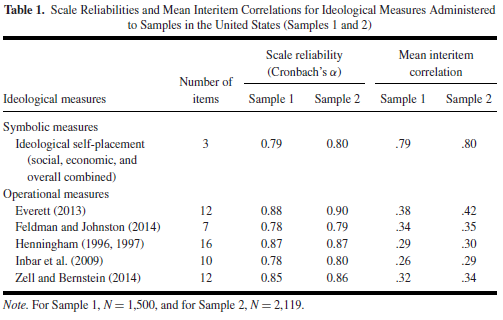
Have you ever wished to have access to 51,404 observations from 69 countries (28 nationally representative samples) from Global North/South to analyze & study the social & moral psychology of #COVID19?
#OpenScience for the win!
Preprint & Materials: doi.org/10.31234/osf.i…
🧵



#OpenScience for the win!
Preprint & Materials: doi.org/10.31234/osf.i…
🧵

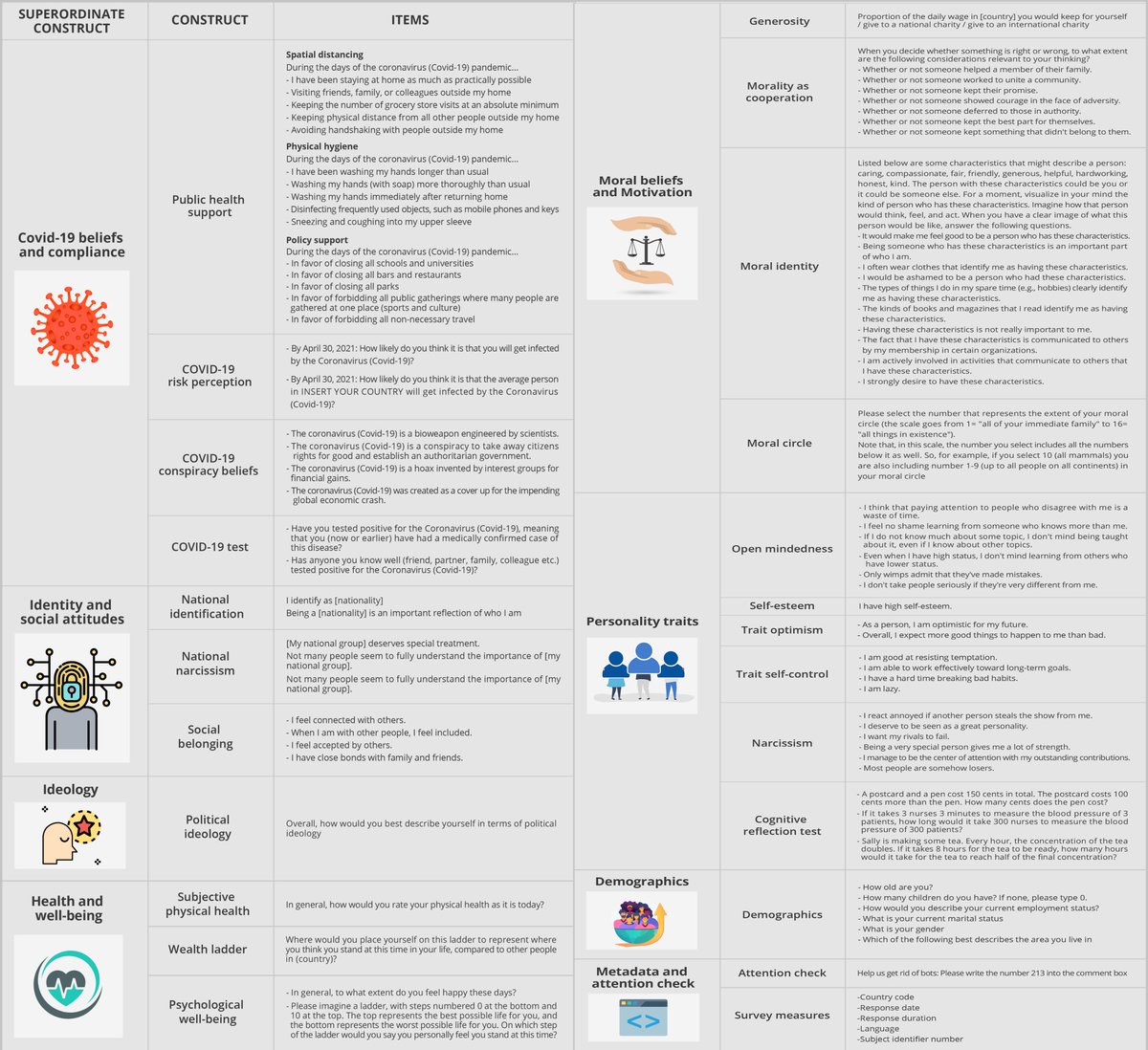

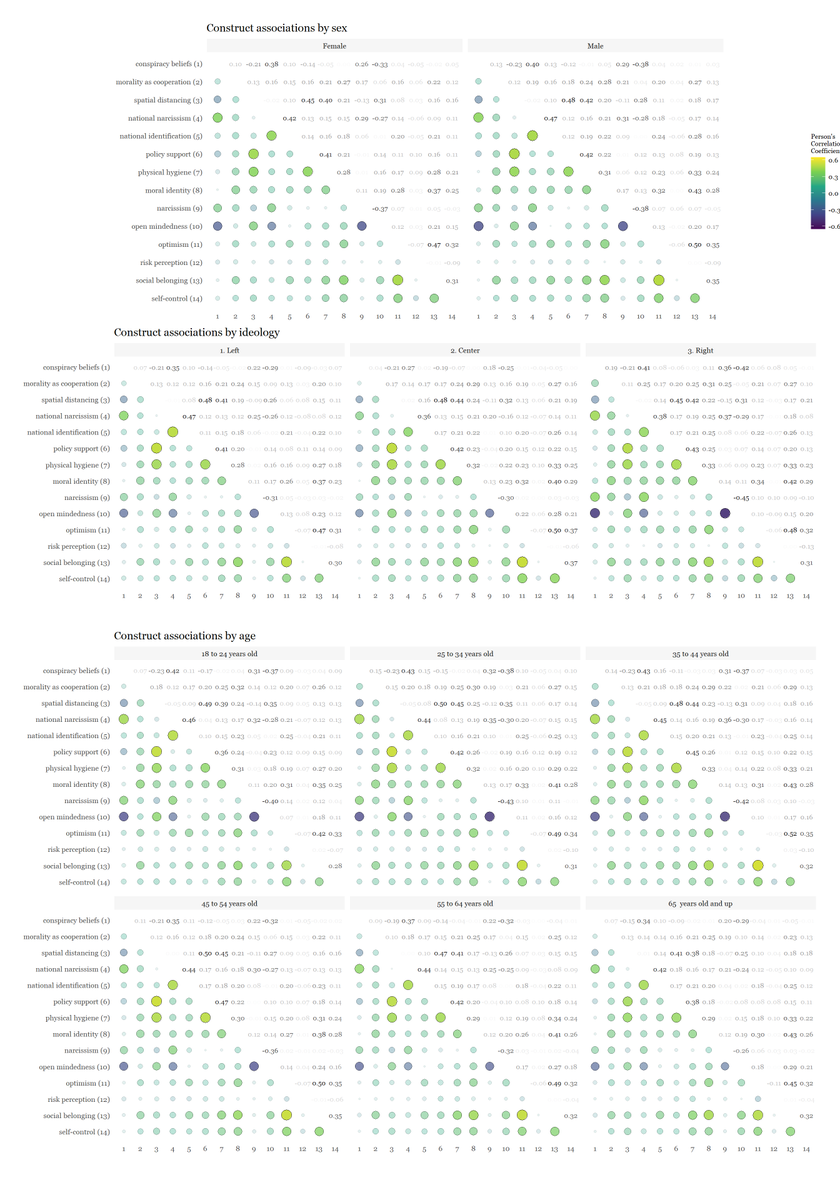
As part of the ICSMP (icsmp-covid19.netlify.app), we wrote a paper describing our survey methodology, sharing survey materials, raw/cleaned data, code & translations (osf.io/tfsza/) & data visualization interface/Shiny app: icsmp.shinyapps.io/icsmp_covid19/
doi.org/10.31234/osf.i…



doi.org/10.31234/osf.i…


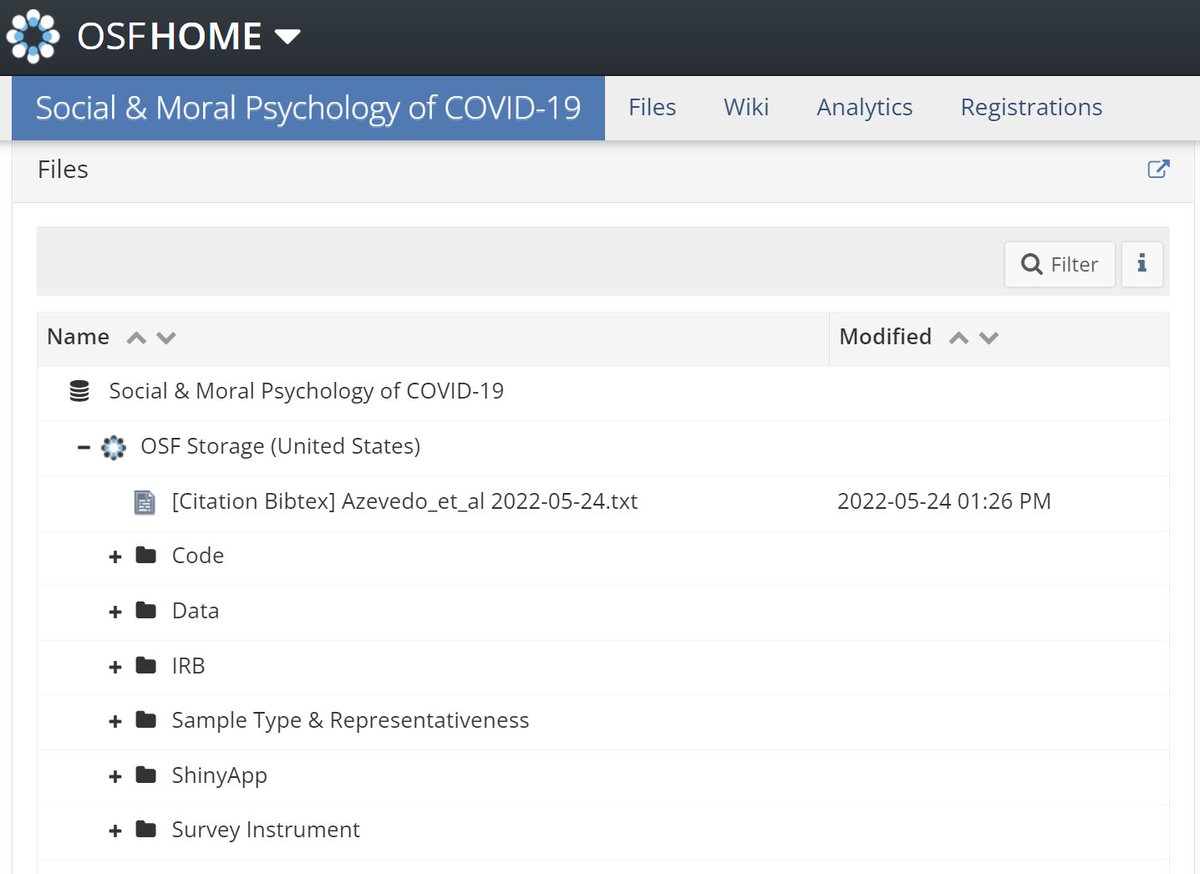
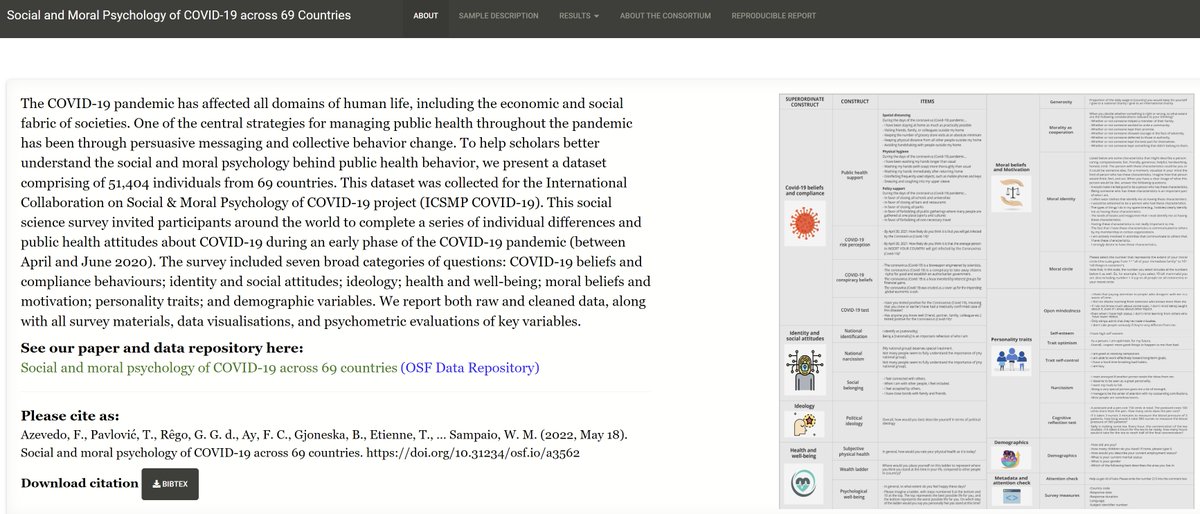
In our reproducible report, we share code for all our plots & tables hoping it can serve as an open resource for research and education #OpenData #OER
flavioazevedo.com/stats-and-r-bl…
doi.org/10.31234/osf.i…



flavioazevedo.com/stats-and-r-bl…
doi.org/10.31234/osf.i…




Thanks to all ICSMP researchers (tagged below) & special shout out to Tomislav Pavlović, Gabriel Rêgo, Ceren Ay, Biljana Gjoneska, @TomWEtienne, Robert Ross, @SchoeneggerPhil, @PolPsychKent @bjarkigron @ValerioCapraro @PauloBoggio & @jayvanbavel! 🙏💪
doi.org/10.31234/osf.i…
doi.org/10.31234/osf.i…
Initial invite by @jayvanbavel gathering 254 researchers worldwide:
Our main paper published in @natcomms:
Summary: socialsciences.nature.com/posts/an-inter…
Our preprint & Materials:
doi.org/10.31234/osf.i…
https://twitter.com/jayvanbavel/status/1248985539728101382
Our main paper published in @natcomms:
https://twitter.com/jayvanbavel/status/1486335462641963013& its preprint:
https://twitter.com/jayvanbavel/status/1448741986782089216
Summary: socialsciences.nature.com/posts/an-inter…
Our preprint & Materials:
doi.org/10.31234/osf.i…
Tagging folks from the International Collaboration on the Social & Moral Psychology of COVID-19 (in no particular order):
@TomWEtienne @ondrij @psicologoMonroy @RolfZwaan @_onurcanyilmaz @mint_lab @PsychFarmer @hadyba_ @DanielVastfjall @jedilab_liu @tinghog @linakoppel
@TomWEtienne @ondrij @psicologoMonroy @RolfZwaan @_onurcanyilmaz @mint_lab @PsychFarmer @hadyba_ @DanielVastfjall @jedilab_liu @tinghog @linakoppel
@asarin @PsychDocB1 @claraAstafford @maglica_lys @MichaelTyrala @KnjiznicaPilar @igormiklousic @becky_choma @sylvaindelouvee @M_B_Petersen @cm_leygue @ClausLamm @ScanUnit @AndyVonasch @RaduUmbres @AIexanderWaIker @longoni_chiara @CElbaek @NickUngson @Laddercloud
@petra_schmid @DSchultner @DarraghMcCashin @ADWojcik @DCameron84 @AndreKrouwel @waqasejazch @JulianScheffer @UMK_Torun @CenterImsert @waqasejazch @CarolinZiemer @FahimaFarkhari @CvSikorski @emily_kubin @evalermer @matthiashudecek @TobiasRothmund @brain_apps @MSNlab
@RaffaeleTuccia @EmotionLabKI @PICRLab @MyerAnnalisa @SchoeneggerPhil @cdcrabtree @EstrellaGualda @RBfrempong @davidstadelmann @Mariola87880133 @masolpagal @ivnrguez @Begogn @ming_jen @hanshtung @junegruber @FlewTerry @WallflowerBlack @boralexander1 @doctormischl @CvSikorski
@DrJoCutler @_ozanisler @evalermer @FrancRenata @matt_nurse @LewendM @steverathje2 @davidwmoreau @PaulMinda1 @joshleota @NSNLab @YusakuHoriuchi @momentumyy @HuangGuanxiong @e_vanags @TatianaCeladin @AgustinMIbanez @lucacian @Elena_Reznichen @erikwetter
@SergioBDLT @SiobhanGriff15 @mbialek82 @CillianMacAodh @Yafeng_Pan @Jarek_Kantor @PolPsychKent @thepsychologist @NSNLab @nm_yucel @longoni_chiara @lucacian @NickUngson @IussIcon @ichiara3 @jonasnitschke @evalermer @FrancRenata @ondrij
@psicologoMonroy @RolfZwaan @_onurcanyilmaz
@mint_lab @PsychFarmer @hadyba_ @DanielVastfjall @jedilab_liu @tinghog @linakoppel @asarin @PsychDocB1 @claraAstafford @AndyVonasch @RaduUmbres @AIexanderWaIker @longoni_chiara @CElbaek @cm_leygue
@mint_lab @PsychFarmer @hadyba_ @DanielVastfjall @jedilab_liu @tinghog @linakoppel @asarin @PsychDocB1 @claraAstafford @AndyVonasch @RaduUmbres @AIexanderWaIker @longoni_chiara @CElbaek @cm_leygue
• • •
Missing some Tweet in this thread? You can try to
force a refresh





